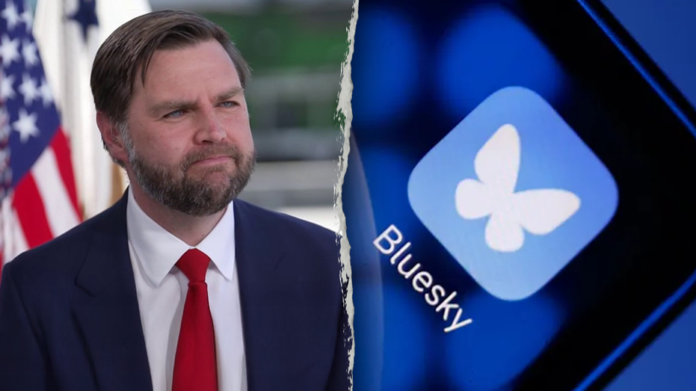When Vance announced his arrival at 4:50 p.m. on Wednesday, I thought he might spark a lively debate. Instead, his account was flagged by an automated system and suspended before 6:30 p.m. local time. In my view, this incident shows both the promise and the pitfalls of fledgling networks trying to moderate high‑profile users.
Automated Suspension Sparks Outcry
Bluesky officials later explained to Fox News Digital that the suspension occurred because “there have been many past attempts to impersonate Vice President J.D. Vance on Bluesky as he is a public figure,” and their automated filters picked up the new account as part of that pattern . I can’t help but wonder if the system was too quick to judge. After all, Vance had only just logged in, introduced himself, and shared his first thoughts.
When I saw the suspension notice, I felt it was a mistake—but I also saw how easily moderation tools can misfire. Within twenty minutes, Bluesky restored his profile and added a verified badge, saying they “welcome the Vice President to the conversation on Bluesky” and want to help users confirm authenticity . In my opinion, that swift reversal was the right move, even if it came after unnecessary drama.
Vance’s First Posts and the Controversy
Vance’s initial posts focused on a Supreme Court ruling that upheld Tennessee’s ban on gender‑affirming medical treatments for minors. He wrote, “Hello Bluesky, I’ve been told this app has become the place to go for common sense political discussion and analysis. So I’m thrilled to be here to engage with all of you.” Then he shared Justice Thomas’s concurrence, criticizing “so‑called experts” for using “substandard science to push experimental therapies on our youth,” and alleging big pharma influence . Personally, I found his framing pointed and I suspect it will draw both support and pushback in equal measure.
Platform Growing Pains and Community Response
This suspension episode highlighted the growing pains Bluesky faces as users flock from more established sites. Bluesky was designed as an open‑source Twitter alternative, but it’s still ironing out its moderation policies. Investor Mark Cuban recently complained that replies “have become too hateful,” suggesting the platform has work to do . I agree—moderation that leans too heavily on automation can lead to embarrassing mistakes, while a hands‑off approach allows harassment to flourish.
Conservatives on X (formerly Twitter) had a field day. The Libs of TikTok account mocked, “Bluesky banned VP J.D. Vance 20 minutes after he joined the platform … The libs at Bluesky are so triggered.” Meanwhile, some of Vance’s critics also shook their heads. Reporter Billy Binion tweeted, “I can’t stand JD Vance. But suspending the sitting vice president is exactly why Bluesky is unserious & doomed to fail” . I admit I chuckled at the irony—criticism came from both sides, which tells me Bluesky still hasn’t found a balance.
What This Means for the Future
Looking ahead, I think Bluesky must refine its identity‑verification checks and moderation algorithms. This incident offered a valuable lesson: even well‑intentioned systems can trip over famous names and new accounts. If Bluesky wants to build trust, it must guarantee a smoother onboarding for notable figures and protect ordinary users from abuse.
In my view, Vance’s brief suspension and quick reinstatement will become a case study in tech circles. It underscores how automated moderation needs human oversight, especially when handling public officials.
Sources: Fox News, New York Post

